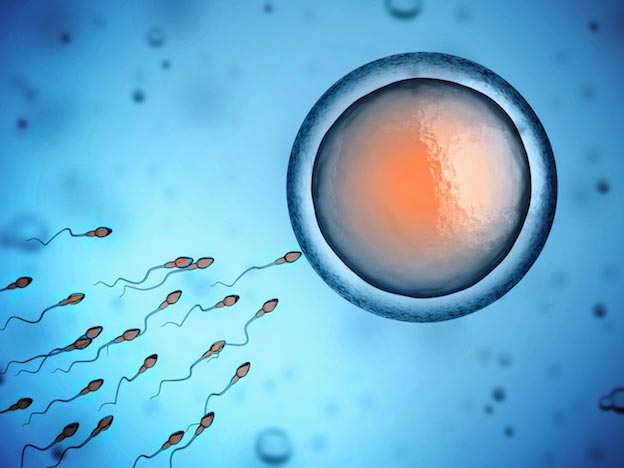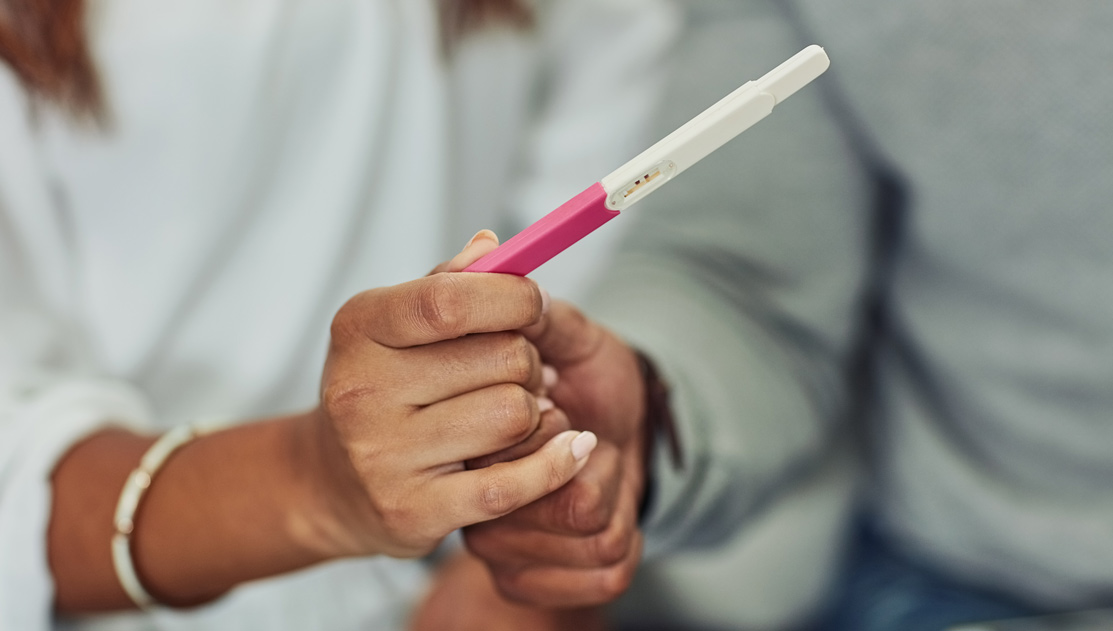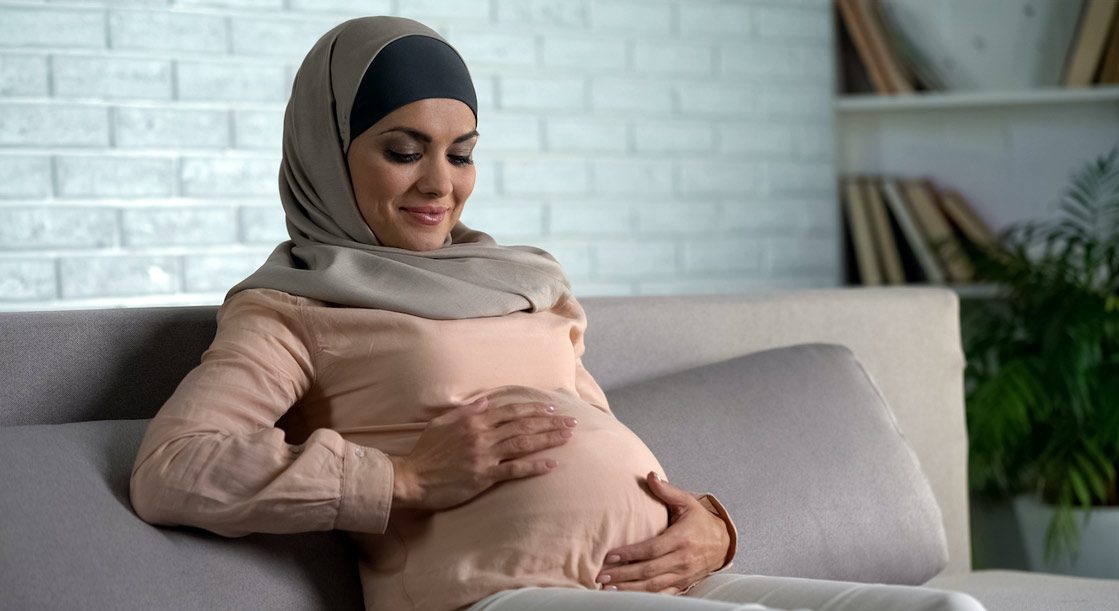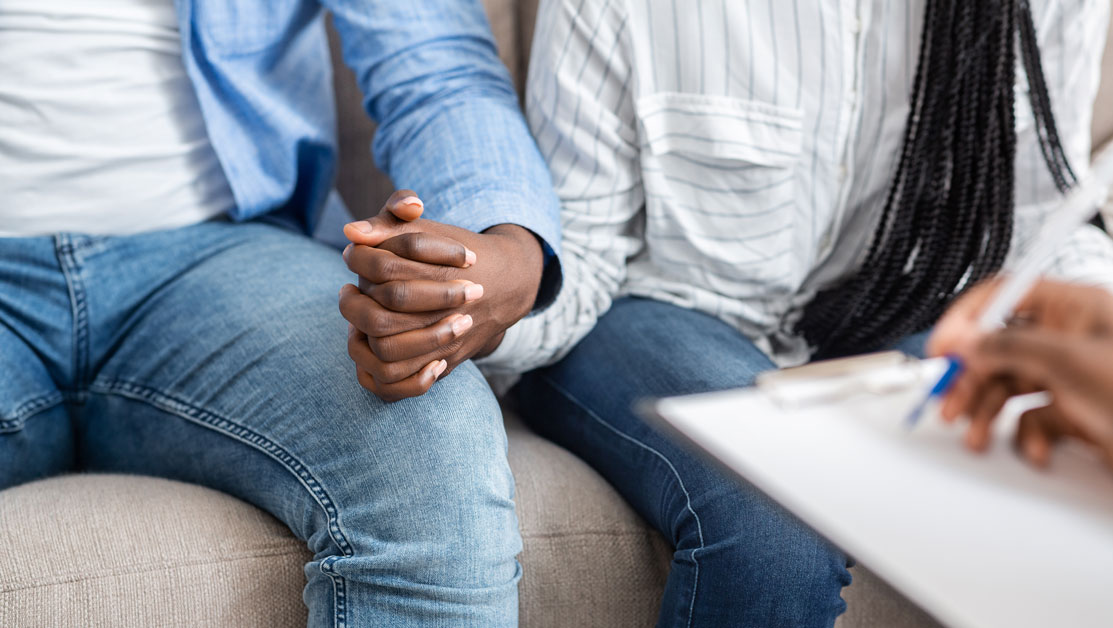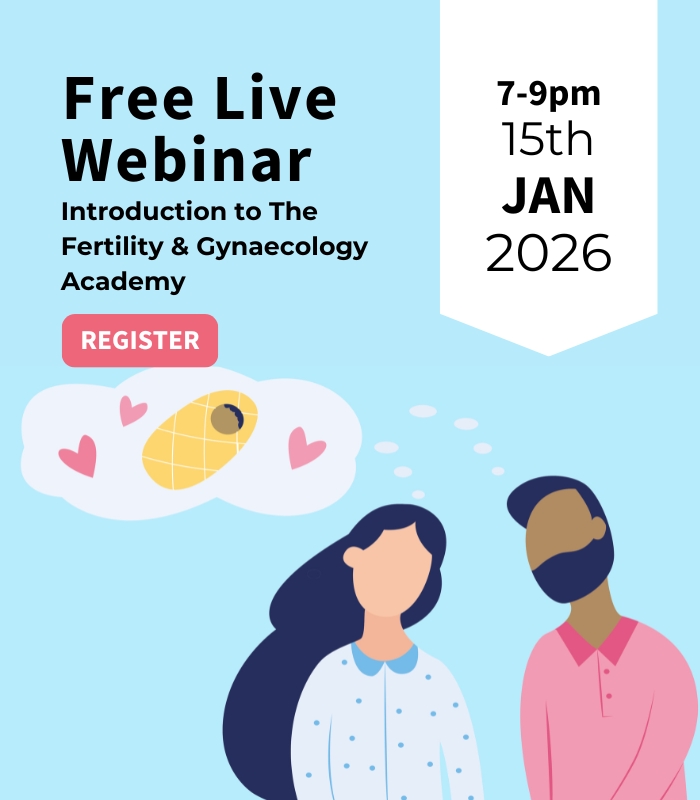Egg freezing is not necessarily for everyone, and outcomes vary with age. However, after reading recent headlines you may be inclined to think that after 40, it isn’t worth retrieving your frozen eggs. This is a misunderstanding.
Don’t scare yourself with headlines – here we give you the facts.
Should I freeze my eggs?
There are a number of reasons a woman may wish to freeze her eggs – for example if she is undergoing treatment for cancer that could render her infertile. One of the most common reasons is that a woman is simply not ready to become a mother, either because of work commitments or not having met the right partner yet.
How old is too old to freeze my eggs?
Dr Gorgy, fertility expert at The Fertility & Gynaecology Academy says: ‘Doctors have a duty to inform patients that a woman aged 40 or above is more likely to achieve a healthy pregnancy using embryos that were created in her mid-30s than using fresh embryos over 40 years old.’
In other words, if eggs are frozen at the right time, they may be a safer bet than simply attempting unassisted conception after 40 or IVF with fresh eggs after 40.
But here’s the catch. ‘Unfortunately the average age of women freezing their eggs is currently around the 37-38 year mark, which does not result in high success rates. Here at The Fertility and Gynaecology Academy, we believe clinicians should encourage younger women in their late twenties and early thirties to freeze their eggs if they are considering delaying parenthood for whatever reason.’
So there you have it: if at all possible, freeze your eggs before you hit 35 – the sooner the better.
Is egg freezing safe?
Through the ever-increasing sophistication of fertility technology, egg-freezing techniques have continued to improve. Fertilisation rates, implantation rates, and survival rates of young frozen egg cells fertilised using sperm injection (ICSI) are comparable with those of matched fresh egg cells.
Evidence to date shows no increase in developmental or birth defects and chromosomal abnormalities in babies conceived this way. In fact, using eggs frozen at a younger age can reduce the chance of miscarriage and the risk of chromosomal and genetic abnormalities in children born to women over the age of 35.
I’ve reached 40 and have no frozen eggs – What can I do?
Recent articles have been right to point out that there are problems with egg freezing after 40. Here at The Fertility and Gynaecology Academy, generally we do not advise women over the age of 40 to freeze their eggs. So if you have reached 40, are still not ready, and have not frozen your eggs, what can you do? You can still freeze your eggs but the chances of success are reduced as the quality of the eggs is related to the mother’s age at the time of their production. Alternatively you can freeze your embryos using your partner or donated sperm. If you do not want to conceive at this stage for whatever reasons you can use your embryos in a surrogate mother. Lastly, you can do nothing if you accept to use donated eggs from another younger woman if and when you want to conceive. Instead, you may consider a number of other options including conception using an egg donor or even surrogacy.
Based in central London, The Fertility and Gynaecology Academy is home to the most state of the art technology in the industry and some of Britain’s most distinguished fertility clinicians. If you are trying to get pregnant or have fertility concerns, call us for a consultation on 020 7224 1880.



